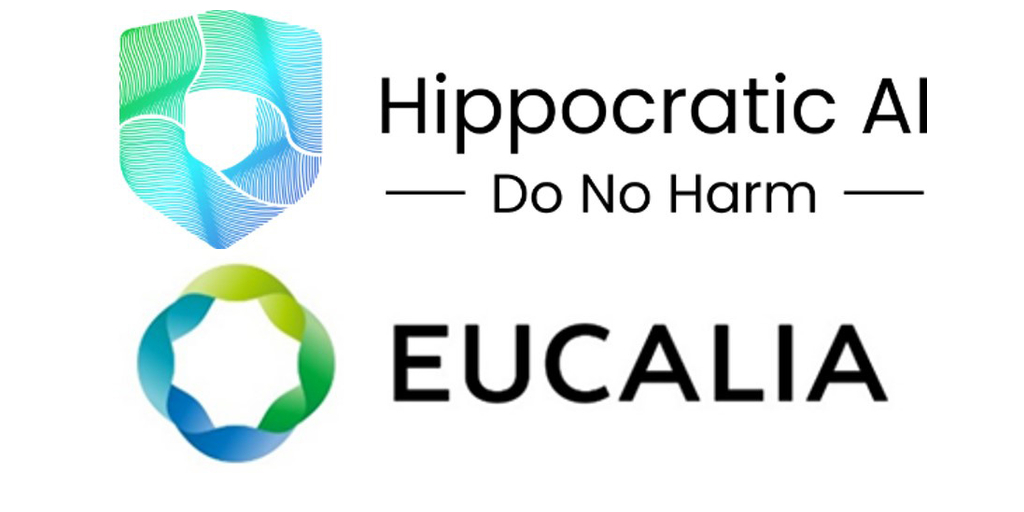Have I Been Pwned (HIBP) has unveiled version 2.0, which includes a comprehensive front-end redesign aimed at enhancing data breach visibility. According to security expert Troy Hunt, the update prioritizes user demands for a platform that is both accessible and intuitive. The revamped dashboard now offers consolidated insights into monitored email addresses and domain results, allowing users to continuously monitor breach activities without repetitive searches.
Image courtesy of troyhunt.com
The new Search page is designed to deliver quicker response times and a streamlined layout. Noteworthy enhancements include improved enterprise workflows and automation support for family account addition. As Hunt points out, the platform is also gearing up for future functionalities, such as passkey support, to align with evolving security standards.
Image courtesy of troyhunt.com
Hunt elaborates on the decision to eliminate less-utilized features, such as username and phone number searches, to streamline the user experience. HIBP remains steadfast in its commitment to enhancing automation and visibility, especially for organizations overseeing extensive user networks.
For further updates on HIBP, visit troyhunt.com and understand the significance of robust breach disclosure protocols in the industry.
In another development, OpenAI has introduced the HealthBench dataset, comprising 5,000 realistic health conversations aimed at assessing AI models in healthcare frameworks. Collaboration with 262 doctors from 60 countries adds credibility and relevance to the dataset.

Image courtesy of HitConsultant
The dataset facilitates equitable comparisons between AI models. Karan Singhal, OpenAI’s head of health AI, stated, “Our mission is to ensure AGI is beneficial to humanity.” A subset of 1,000 challenging examples is included to enhance model capabilities.
However, concerns have been voiced regarding OpenAI’s transparency in its grading processes, especially within critical healthcare applications. Girish Nadkarni emphasized the necessity for more thorough evaluations to confirm the effectiveness of AI models across various demographics and geographies.
For insights on the implications of the HealthBench dataset for healthcare AI, see STAT News and OpenAI.
The U.S. Department of Health and Human Services (HHS) and the National Institutes of Health (NIH) have launched the “Generation Gold Standard” initiative, focused on the development of next-generation universal vaccines utilizing a beta-propiolactone (BPL)-inactivated, whole-virus platform.
This initiative will finance the in-house creation of universal vaccines for influenza and coronaviruses, specifically BPL-1357 and BPL-24910. The NIH notes that these vaccines aim to cover multiple strains of pandemic-prone viruses while stimulating robust immune responses.
Clinical trials for these universal vaccines are slated to begin in 2026, with FDA approval expected by 2029. HHS has allocated $500 million to the initiative, emphasizing the urgency for innovative vaccine development strategies.
For further details on the vaccine initiative, refer to the NIH press release here.
Meanwhile, Hippocratic AI has partnered with EUCALIA to launch Japan’s first generative AI healthcare agent to handle non-diagnostic, patient-facing tasks. This initiative aims to increase patient access and alleviate clinician workloads in response to escalating healthcare demand.
The AI agent will oversee tasks such as scheduling appointments and aiding in medication adherence. Built on Hippocratic AI’s Polaris Constellation System, it boasts a clinical accuracy rate of 99.38% and has facilitated over 1.85 million patient interactions in the U.S.
Munjal Shah, CEO of Hippocratic AI, underscores the dedication to creating culturally competent solutions that enhance patient outcomes and operational efficiency. This collaboration represents a significant leap in healthcare technology within Japan.
For further information on Hippocratic AI’s initiatives, visit Hippocratic AI.
The World Health Organization has classified the NB.1.8.1 COVID-19 variant as a “variant under monitoring,” particularly noting its prevalence in Australia. Experts are advocating for vaccinations as this new strain gains prominence, projecting that it may surpass existing variants.
Image courtesy of ABC News
Associate Professor Lara Herrero from Griffith University notes that while current vaccines continue to be effective, vaccination rates have plunged to concerning levels among children and adolescents. Health Minister Mark Butler highlights the significance of booster shots, especially for older Australians.
As respiratory infections rise, experts are cautioning about a challenging winter ahead. The emergence of the NB.1.8.1 variant is likely to impact case numbers, underscoring the necessity for sustained vigilance and vaccination efforts.
For updates on the COVID-19 situation in Australia, see ABC News.
Organizations seeking robust authentication solutions should consider SSOJet’s API-first platform for secure single sign-on (SSO) and user management. Our offerings include directory synchronization, SAML, OIDC, and magic link authentication tailored specifically for enterprise needs. Visit ssojet.com to learn more and to reach out regarding your authentication requirements.
*** This is a Security Bloggers Network syndicated blog from SSOJet, authored by Gopal Gehlot. Read the original post at: https://ssojet.com/blog/new-tools-and-initiatives-in-data-breach-monitoring-and-healthcare-ai/